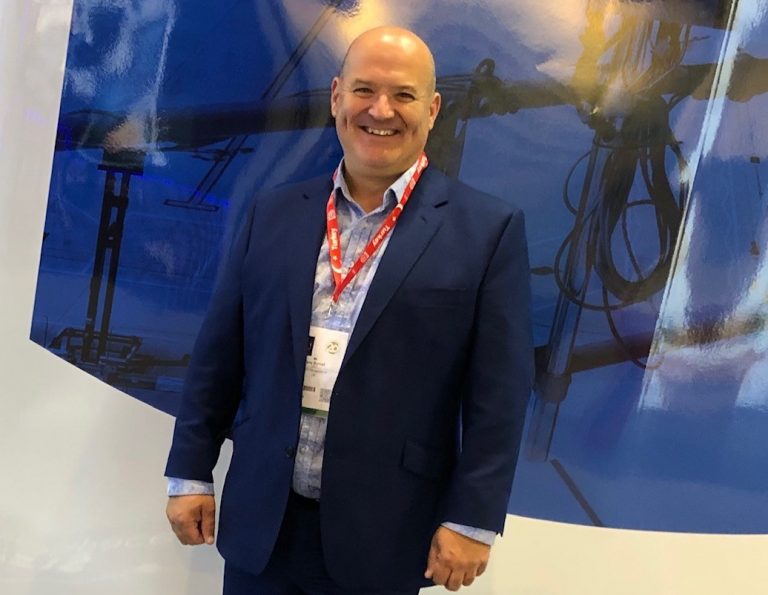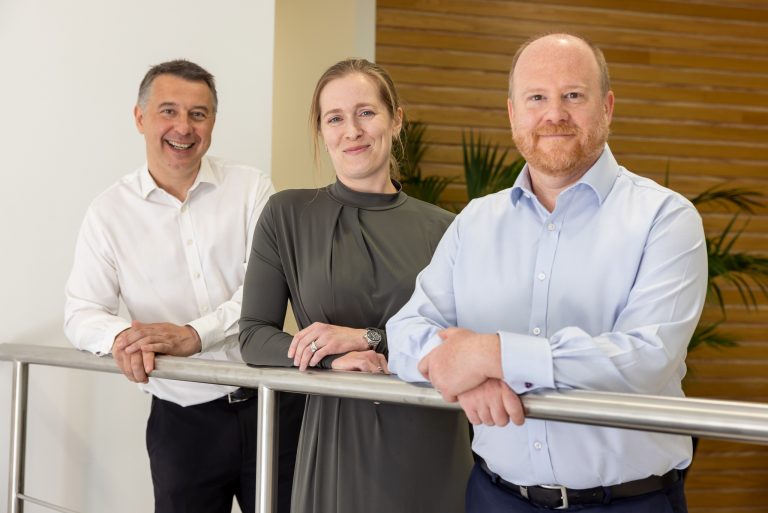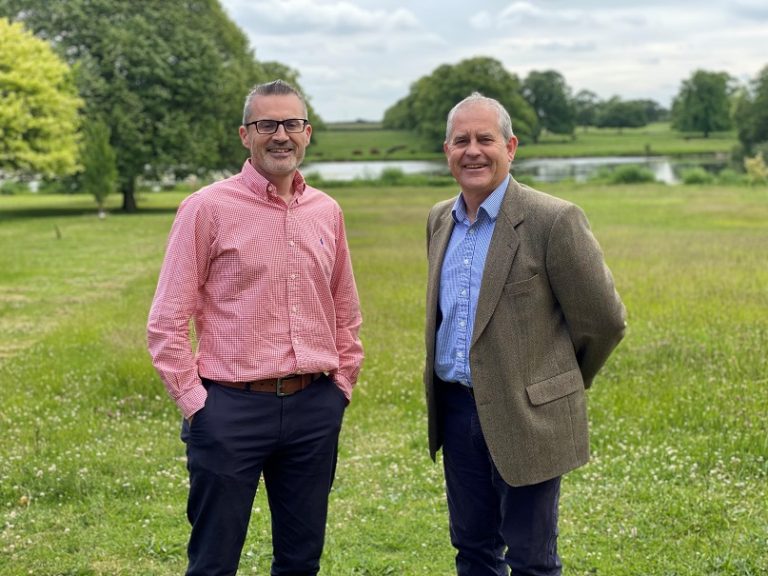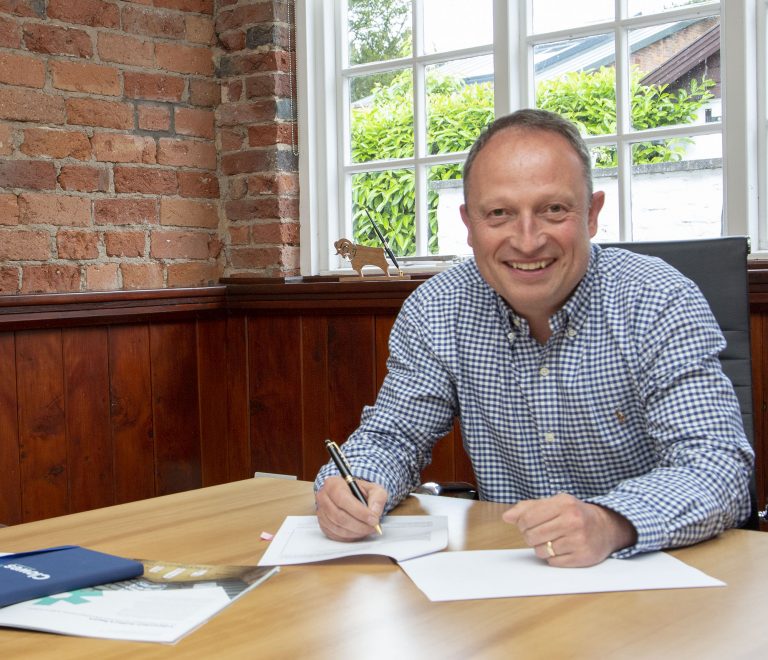If you haven’t submitted your nominations yet, now is the ideal time.
Winners will be revealed at a glittering awards ceremony on Thursday 15 September, at the Trent Bridge Cricket Ground – an evening that will also provide plenty of time to forge new contacts with property and construction professionals from across the region. To submit a business or development for the East Midlands Bricks Awards 2022, please click on a category link below or visit this page.- Most active estate agent
- Commercial development of the year
- Responsible business of the year
- Residential development of the year
- Developer of the year
- Deal of the year
- Architects of the year
- Excellence in design
- Sustainable development of the year
- Contractor of the year
- Overall winner (this award cannot be entered, the winner will be selected from those nominated)
Book your tickets now
Tickets can now be booked for the awards event – click here to secure yours. The special awards evening and networking event will be held on 15 September 2022 in the Derek Randall Suite at the Trent Bridge County Cricket Club from 4:30pm – 7:30pm. Connect with local decision makers over canapés and complimentary drinks while applauding the outstanding companies and projects in our region. The event will also welcome John Forkin MBE DL, Managing Director at award-winning investment promotion agency Marketing Derby, as keynote speaker, as well as award-winning mind reader, magician, and professional mentalist Looch, who will bewilder and astonish guests during the evening’s networking. Dress code is standard business attire.











To be held at:













